When the cost of essentials like baby formula rises, US families struggle to provide their children with adequate nutrition. Reports show the average price has jumped 25% over the past year, straining family budgets and forcing parents to make tough choices that may pose health risks.
We need a clear, consistent definition of baby formula price gouging. Some states have emergency rules, but many essentials, like food, medicine, and formula, are still not fully protected. Since state laws vary, price hikes can go unchecked, putting babies’ health at risk nationwide.
What Is Price Gouging?
Price gouging is when sellers raise prices much higher than normal during shortages, taking advantage of people’s needs.
Profiting from basic needs like baby formula during emergencies undermines public trust, harms competition, and is fundamentally wrong.
Here are some key things to keep in mind about price gouging and baby formula:
- Baby formula is essential for many families, ensuring children receive proper nutrition, especially when breastfeeding is not an option. As one mother from Ohio shares, “Without formula, I wouldn’t know how to ensure my baby is getting the nutrition he needs.” Such stories show the critical role formula plays.
- During times of crisis, such as pandemics or
- During emergencies, when demand is high and supply is low, sellers may take advantage by raising prices.
- Limited options after a crisis can lead sellers to raise prices above normal levels.
- Sometimes, companies work together to set higher prices, making things even more expensive for families during tough times.
- It is important to understand how local governments regulate pricing and protect consumers from merchants who engage in price gouging.
Price gouging is not only wrong but also illegal in many places. Parents should watch prices and avoid paying too much for essentials like baby formula during a crisis. Staying alert helps protect families from being taken advantage of.
When Does Price Gouging Occur?
Price gouging often affects parents who need baby formula, especially after sudden demand outpaces supply in crises. Beyond the immediate impact on families, such practices can have broader societal costs. Higher baby formula prices could lead to increased healthcare expenses due to inadequate infant nutrition. Children not receiving the right nutrition are at greater risk for developmental issues, which can later burden public health systems and educational resources. By highlighting these ripple effects, we can engage additional stakeholders to collectively address and combat this issue.
Sometimes, governments set limits on how much stores can charge for certain goods during emergencies. However, this does not always work because some sellers find ways around the rules, such as creating fake shortages or changing their business practices. Because of this, parents need to watch prices closely and make sure they get fair deals when buying essentials for their babies.
Examples Of Baby Formula Price Gouging
During crises like pandemics or disasters, some stores sharply raise baby formula prices above normal, exploiting parents. Weak antitrust enforcement allows large manufacturers and retailers to coordinate prices without consequence, leading to spikes such as the jump from $12 to $20 per can. Recognizing these causes strengthens the case for policy reforms and consumer protections.d Enfamil prices to $20 per can, up from the usual $12, during high demand. (Attorney General James Warns Against Price Gouging of Baby Formula, 2022)
Weak regulation enables price gouging, disproportionately burdening low-income and rural families with higher costs and fewer choices for essential goods. spread harm. It must be prevented to protect families and promote fairness.
Take action to stop baby formula price gouging: Contact your elected representatives and urge them to support stronger consumer protection laws. Support advocacy organizations that work for fair pricing. Track local formula prices and report suspected abuses to authorities. By following these steps, you help ensure all families can access affordable nutrition for their children.
Reasons For Baby Formula Price Gouging
The main driver of baby formula price gouging is the lack of competition. A few manufacturers dominate the market and, with strong ties to retailers, can control prices. Limited access to raw materials further restricts supply and worsens price increases. Foods, vitamins, and minerals have made it more expensive to produce baby formula, pushing up store prices. With no other options, some parents have had to pay more than they should.
Are There Laws Against Price Gouging?
Baby formula price gouging can be very hard on families who are already struggling. But is there anything that can be done? Are there laws against price gouging?
| CA |
More than 10% increase |
Fine & Jail |
| NY |
Increase above fair value |
Fine & Jail |
| FL |
Unconscionable pricing |
Criminal fines/Jail time or Civil penalties up to $1,000 per violation or both and restitution |
Fortunately, yes!
Most states in the US have anti-price-gouging laws on the books, which protect consumers from being taken advantage of by unscrupulous businesses. In California, for example, state law prohibits any business from charging more than 10 percent over the pre-disaster prices for goods and services. (Price Gouging, n.d.) New York has similar legislation that outlaws increases in prices “above the premium charged prior to the emergency” in excess of an amount deemed ‘fair value’ by local authorities. (Attorney General James Announces Price Gouging Rules to Protect Consumers and Small Businesses, 2023) And Florida’s statute forbids “unconscionable pricing” during a declared state of emergency. (Rental or sale of essential commodities during a declared state of emergency; prohibition against unconscionable prices, 2024) Violators face criminal fines or jail time if convicted under these statutes; civil penalties may also apply, ranging up to $1,000 per violation, with restitution ordered as well. (Attorney General Bonta Issues Consumer Alert on Price Gouging During Nationwide Baby Formula Shortage, 2022)
These regulations help protect the people most affected by disasters. By keeping essential products like baby formula affordable during crises, laws against price gouging stop vulnerable communities from being hurt again—first by the disaster, then by businesses trying to take advantage of them. Families
The rise in baby formula prices has hurt low-income families. Essentials like food and diapers cost more, but wages have not increased. Many families must choose between their children’s needs and other bills. Retailers taking advantage through price-gouging tactics make this situation worse. Here are five ways these practices hurt low-income families: higher prices that limit access to baby formula. For example, a typical low-income family might experience a monthly budget gap of $200 to $300 due to rising costs, making it difficult to meet basic nutritional needs. Increased financial burden due to the inability to afford essential items. Reduced quality of life caused by a lack of resources. Limited choices when it comes to feeding options for infants. Pressure on parents to overwork themselves to provide for their babies. These effects deepen inequality. Without action, low-income families will keep facing poor nutrition and health risks from unaffordable baby formula.
Solutions To Combat Baby Formula Price Gouging
There are practical solutions to fight price gouging. Governments and organizations could make formulas more available at lower prices or for free. Supermarkets might offer discounts on grocery purchases, and authorities could subsidize lower-cost options. These steps help parents provide nutrition affordably.
It is important to educate consumers so they know to look for the best deals when buying essentials like baby formula. People should compare prices at different stores before buying. This helps them make better choices and can stop unfair price increases. Consumers should also watch for scams where sellers charge high prices for low-quality products and claim they are premium brands. By taking these steps, buyers can protect themselves from sellers who try to profit from desperate situations.
To help fight price gouging, join advocacy groups focused on fair pricing, reach out to public officials to demand stricter enforcement, share information about fair pricing in your community, and report any suspected unfair pricing to consumer protection agencies. Every action you take directly supports families and deters exploitative pricing.
Help lower baby formula costs by advocating for policy changes to prevent price gouging. Support groups are working on price fairness. Partner with officials and local businesses to create affordable formula options in your area. Stay updated on new policies and share resources so all parents can access formula, regardless of income.
There are several ways parents can find cheaper alternatives to expensive baby formula. They can compare prices at different grocery stores or online shops. Sometimes, smaller stores have better deals than big chains, so it helps to shop around. Parents can also look for generic formula brands at local stores. These may not have all the extras of name brands, but they still provide babies with the nutrition they need. can also save money on baby formula by looking for coupons and special offers from manufacturers. Joining store loyalty programs or signing up for email alerts about sales can help too. Some organizations, like WIC (Women, Infants, and Children), provide free baby formula to low-income families and others who qualify for assistance. Using these resources can help parents make sure their children get good nutrition without spending too much.
How To Report Unethical Pricing Practices
Unfair pricing should not be ignored and needs to be reported. If you have seen baby formula price gouging, it is important to act to protect others from being taken advantage of. Here are some tips on how to report this behavior:
| 1 |
Contact the relevant state regulatory agency or attorney general’s office for assistance. |
| 2 |
Document as much information about the incident as possible, including any evidence that supports your claim (e.g., receipts). |
| 3 |
File a formal complaint with the Federal Trade Commission online or via phone at 1-877-FTC-HELP (1-877-382-4357) Monday through Friday 8am – 8pm EST. |
When you report unfair pricing, give all the details so authorities can investigate properly. Keep copies of any records in case more proof is needed later. Acting quickly can help ensure justice and prevent this kind of unfair business in the future.
Tips For Buying Baby Formula At A Reasonable Cost
The most important thing is for parents to get baby formula for their children at a fair price. Some stores have been accused of price gouging. To avoid paying too much and get the best deal, here are some tips: online and in stores. Look at several places before you buy online, too; there may be specials. Also, check online for special discounts or coupons that can help you save money. Items go on sale every few weeks or months —stock up while supplies last! Buying large quantities at once will also help keep overall costs down since shipping fees won’t apply as much. Look for generic brands. Generic versions of name-brand formulas often have similar quality but cost less. Always read labels carefully and do some research if needed.
Knowing what to look for helps you avoid being taken advantage of by stores that charge too much for essentials like baby formula. By following these simple steps, you can ensure your family does not pay more than necessary for this important product.
Role Of Government In Regulating Prices
Because of recent baby formula price gouging, governments have had to step in. Now, governments everywhere must decide how to handle this problem and protect consumers’ rights.
| Introducing Caps |
Lower Prices |
Less Choice |
|
| Subsidizing Manufacturers |
Cheaper Products |
Loss of Profits |
|
However, these methods do not always work due to market changes and insufficient competition. Too many rules can also cause shortages and higher prices if suppliers cannot keep up with demand.
So, governments need to think carefully before stepping in and make sure they do not make things worse for people affected by baby formula price gouging. This way, they can find real solutions and protect consumers.
Consumers are not powerless when it comes to baby formula price gouging. Governments have made laws to protect people from these unfair practices. Consumers should learn about their rights and the resources available, including state or federal laws that protect against unfair pricing of baby formula.
Consumer protection is an important right for all Americans. Consumer protection is important for everyone who buys goods and services. Government agencies provide information about their rules and offer ways to file complaints if needed. Many local groups can also help people understand their rights and responsibilities when buying or selling. Gouging takes action and uses available support systems to obtain fair compensation for their purchases.
Benefits Of Breastfeeding And Alternatives To Formula
Consumers have the right to safe and fairly priced products. Sadly, this is not always true for baby formula, as price gouging can happen. To help protect parents from high costs, it is important to know about the benefits of breastfeeding and other options for those who cannot or do not want to breastfeed.
Breastfeeding has many health benefits for both babies and mothers. Breast milk gives newborns all the nutrients they need in their first months. It also helps protect against disease by providing antibodies and supports healthy gut bacteria. (Breastfeeding Benefits Both Baby and Mom, 2025)
Breastfeeding also helps mothers and babies bond and is often more convenient than buying formula regularly.
Breastfeeding can help mothers by reducing postpartum depression, lowering the risk of some cancers like ovarian cancer, improving bone health after menopause, and even helping with weight loss. (Risks of Not Breastfeeding, 2024) For those who cannot or do not want to breastfeed, there are other options. Donor milk banks let families buy donated breast milk, but the cost can vary depending on where you live. Cow’s milk-based formulas are another option, but should only be used if a doctor says it is safe, since babies under 12 months can have trouble digesting cow’s milk. Soy-based formulas are sometimes suggested for vegan families, but they can cause allergies because of certain plant chemicals. Many store brands also have additives like corn syrup solids, which may not be good for babies with sugar sensitivities and should only be used if a doctor or nutritionist approves.
Parents should carefully look at their options before deciding how to feed their baby. This helps them avoid price-gouging while still ensuring their child gets the nutrition needed for healthy growth.
Long-Term Effects Of Baby Formula Price Gouging
The long-term effects of baby formula price gouging can be serious for families. When prices rise, families who need formula may not be able to afford enough, which can harm their health over time. Spending more on formula also means less money for other needs like daycare and activities that help children grow. High prices can also erode people’s trust in companies, hurting business in the long run. In the end, price gouging can cause lasting problems for both families and the market as a whole.
Conclusion
Price gouging of baby formula is a harmful business practice that should be stopped.
The effects are wide and long-lasting, especially for families who cannot afford high prices. It is simply wrong to take advantage of those in need.
What can we do? Government regulations must ensure that companies do not exploit consumers. Government rules should make sure companies do not take advantage of people by charging unfair prices for essentials like baby formula. Consumers should learn about their rights and the resources available to help them if they face price gouging. Whenever possible, parents should also consider alternatives, such as breastfeeding or switching to a different brand, before buying expensive formulas. We must all take responsibility for ensuring that no one has to pay exorbitant amounts for basic necessities like baby formula again.
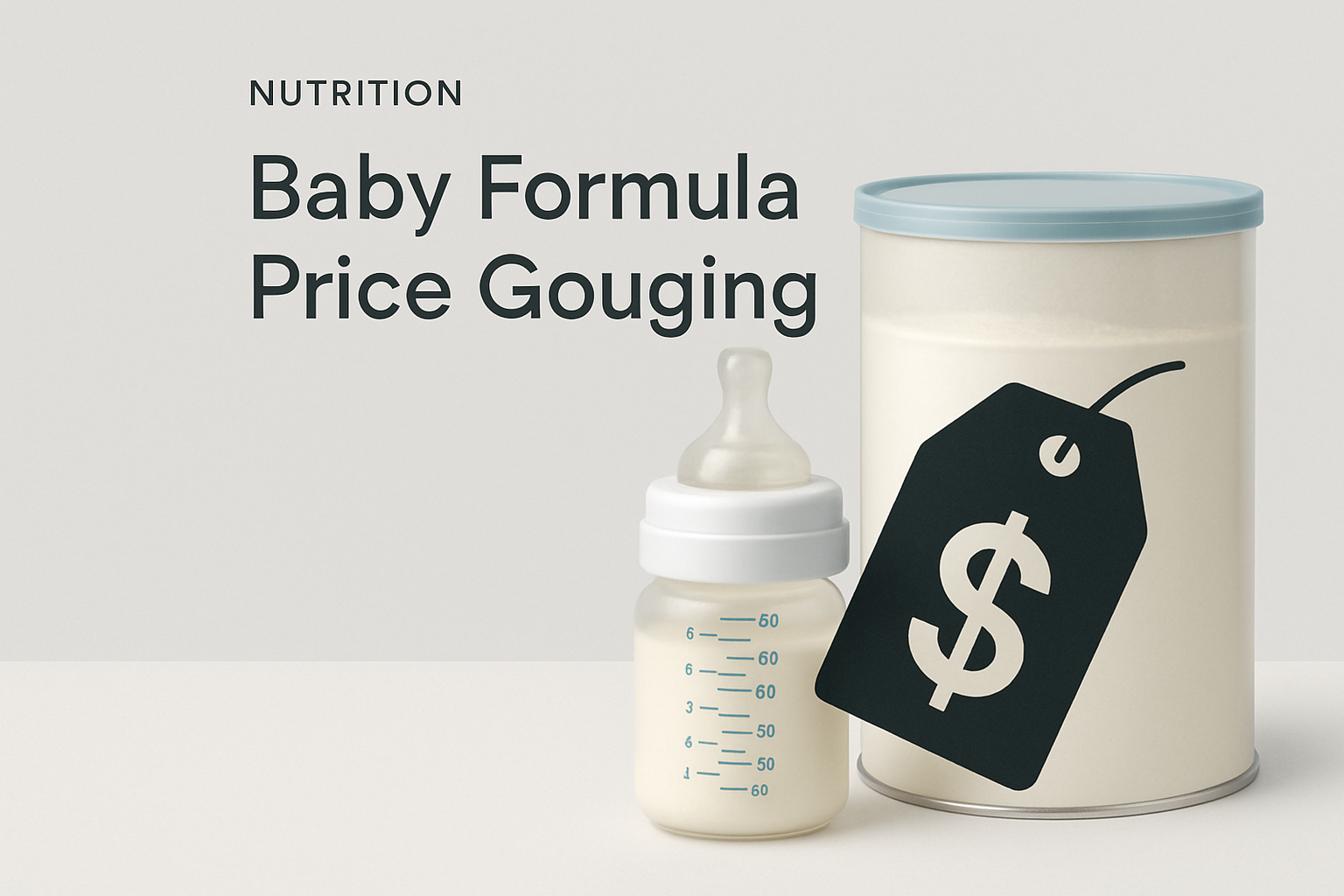


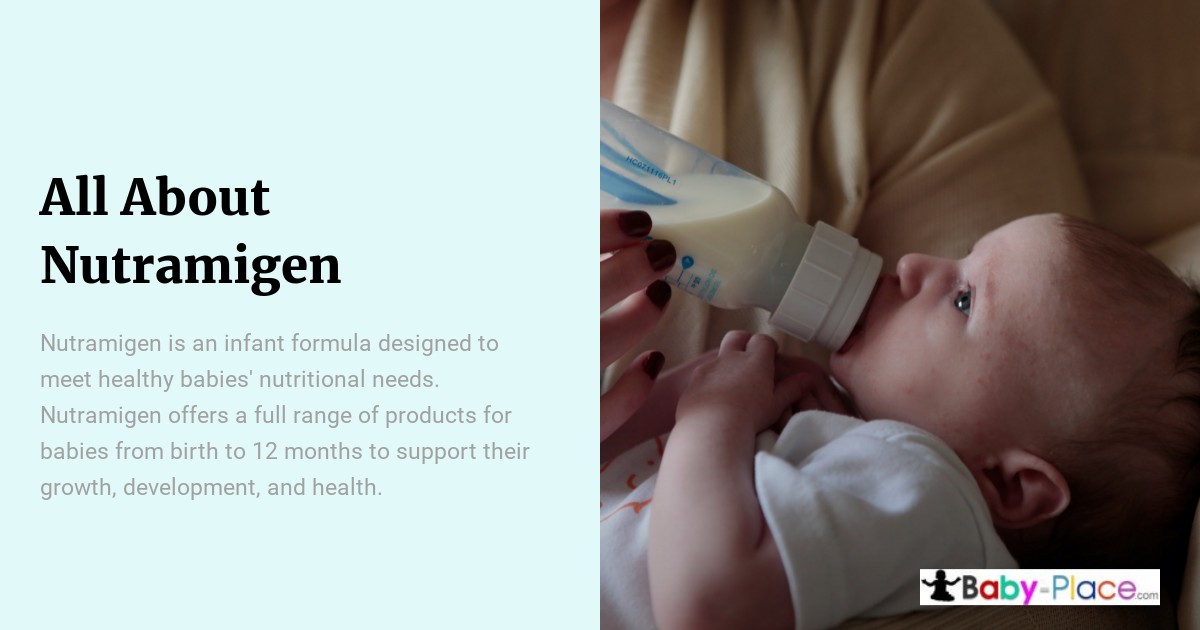
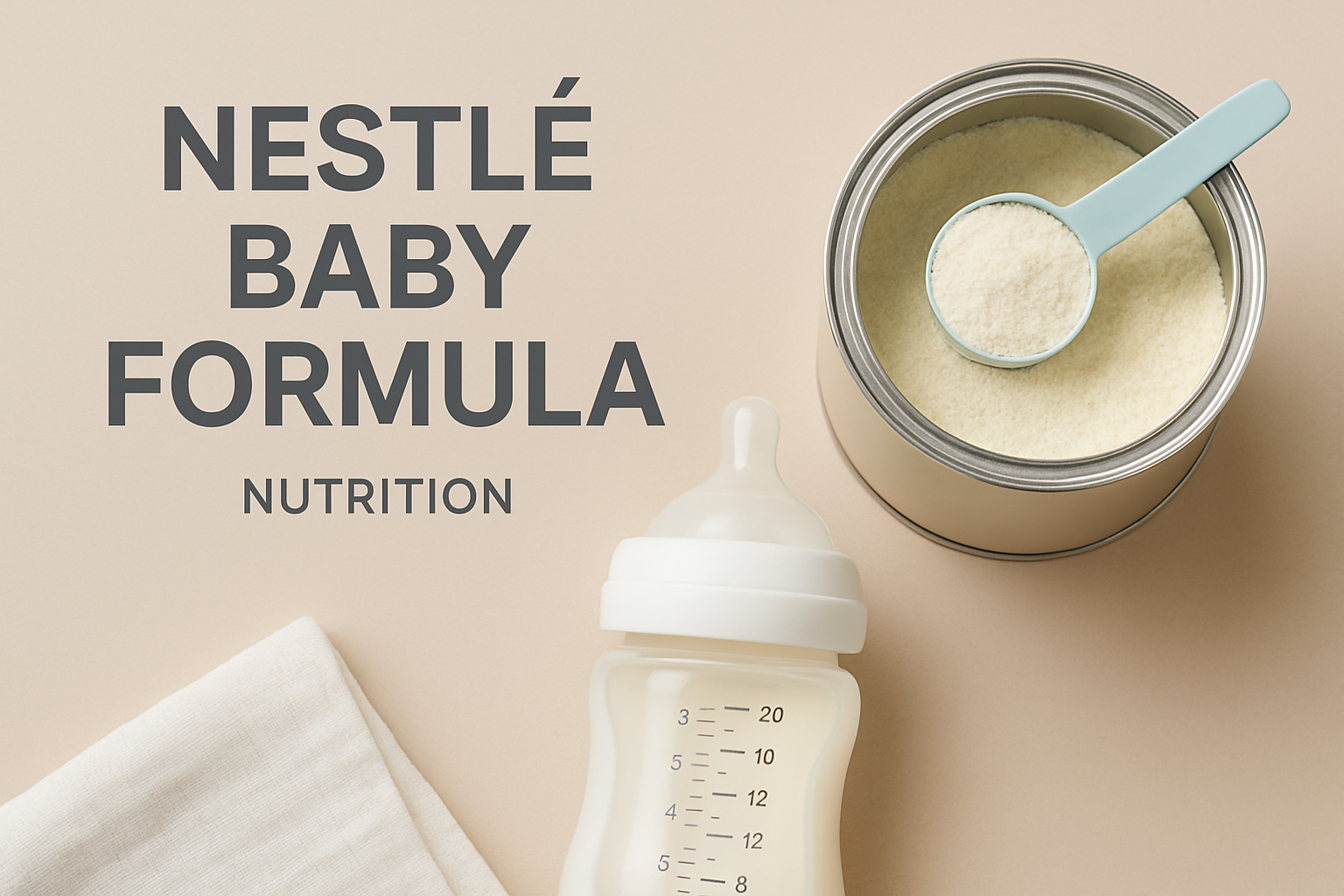
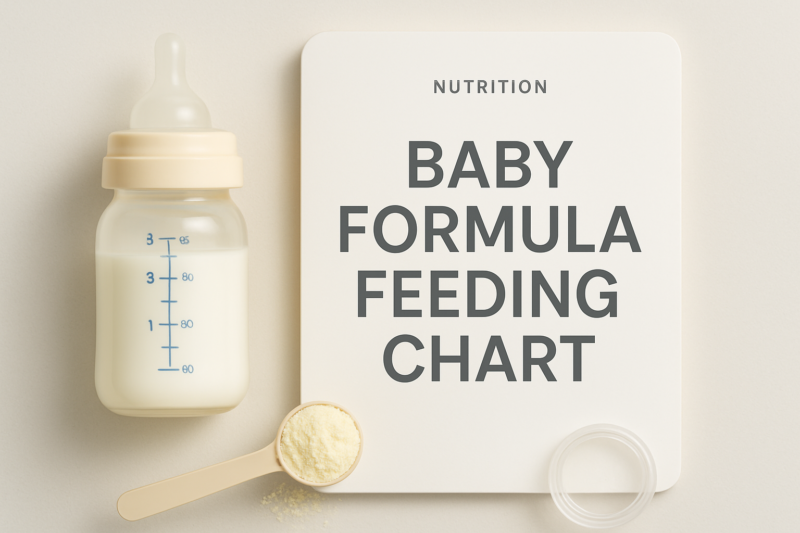

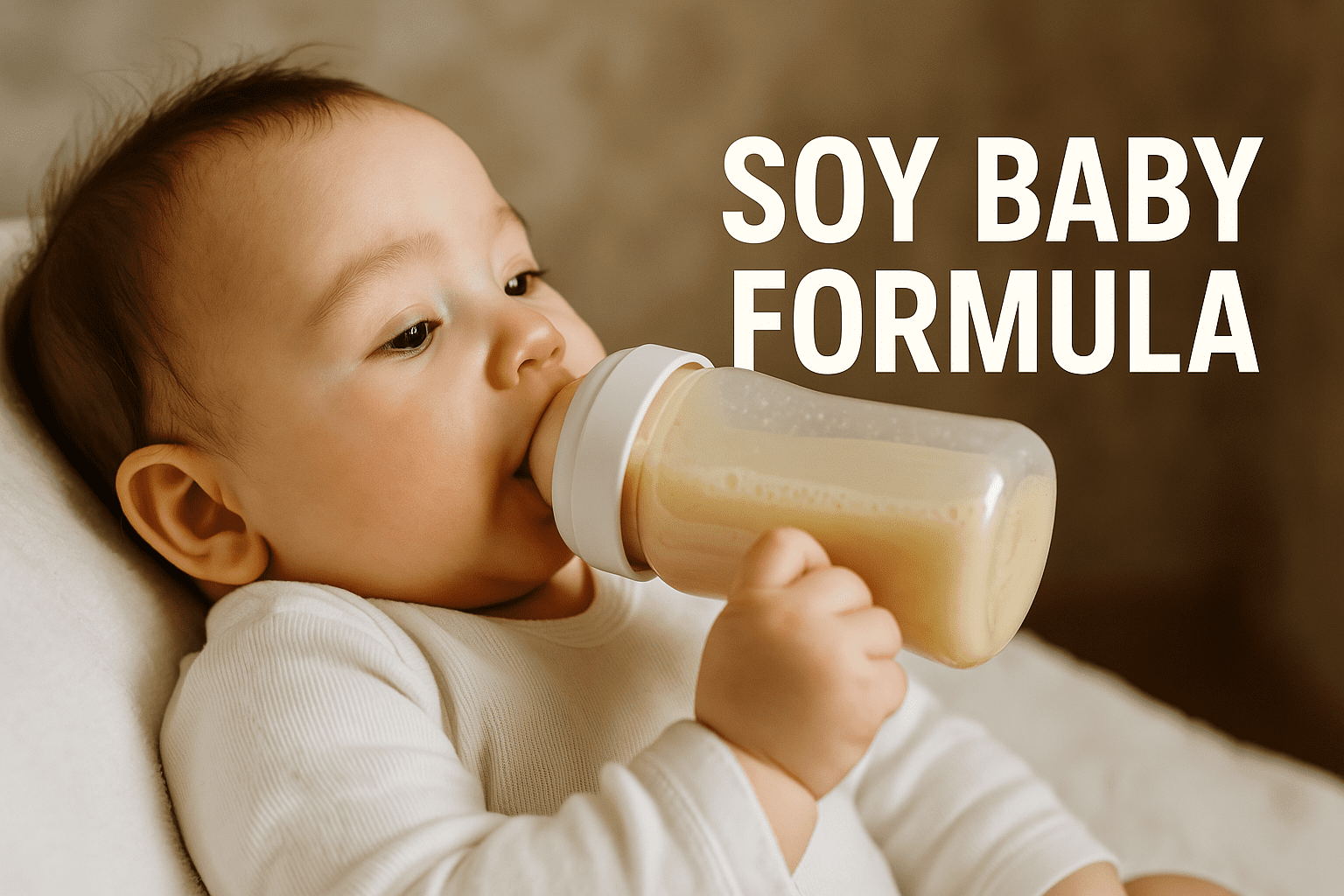

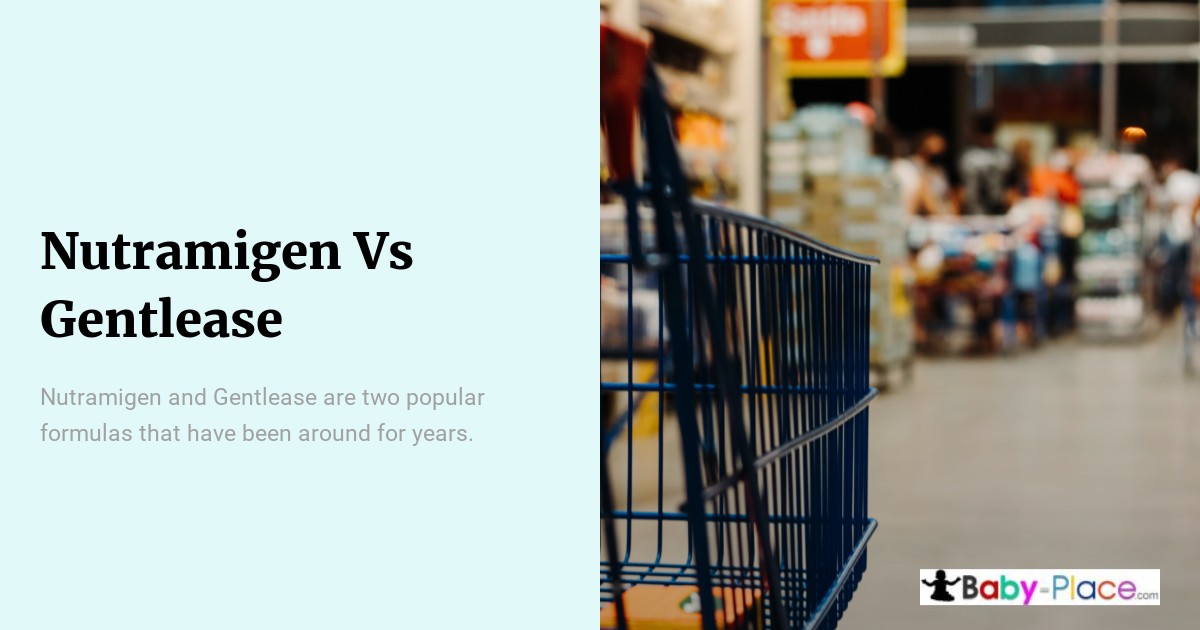
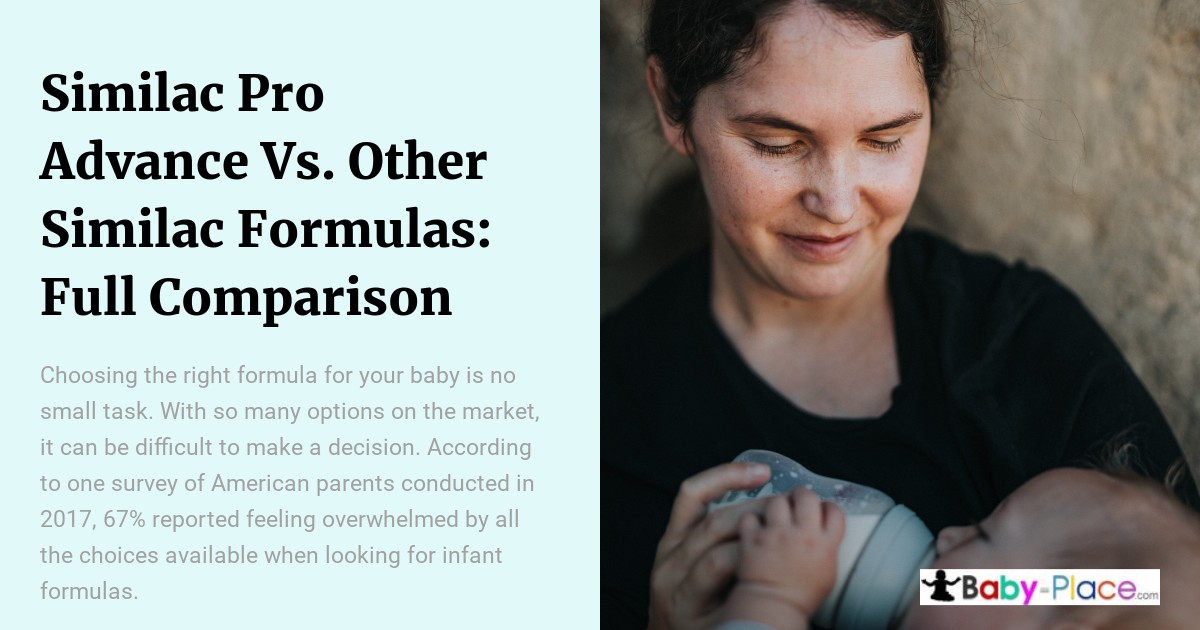
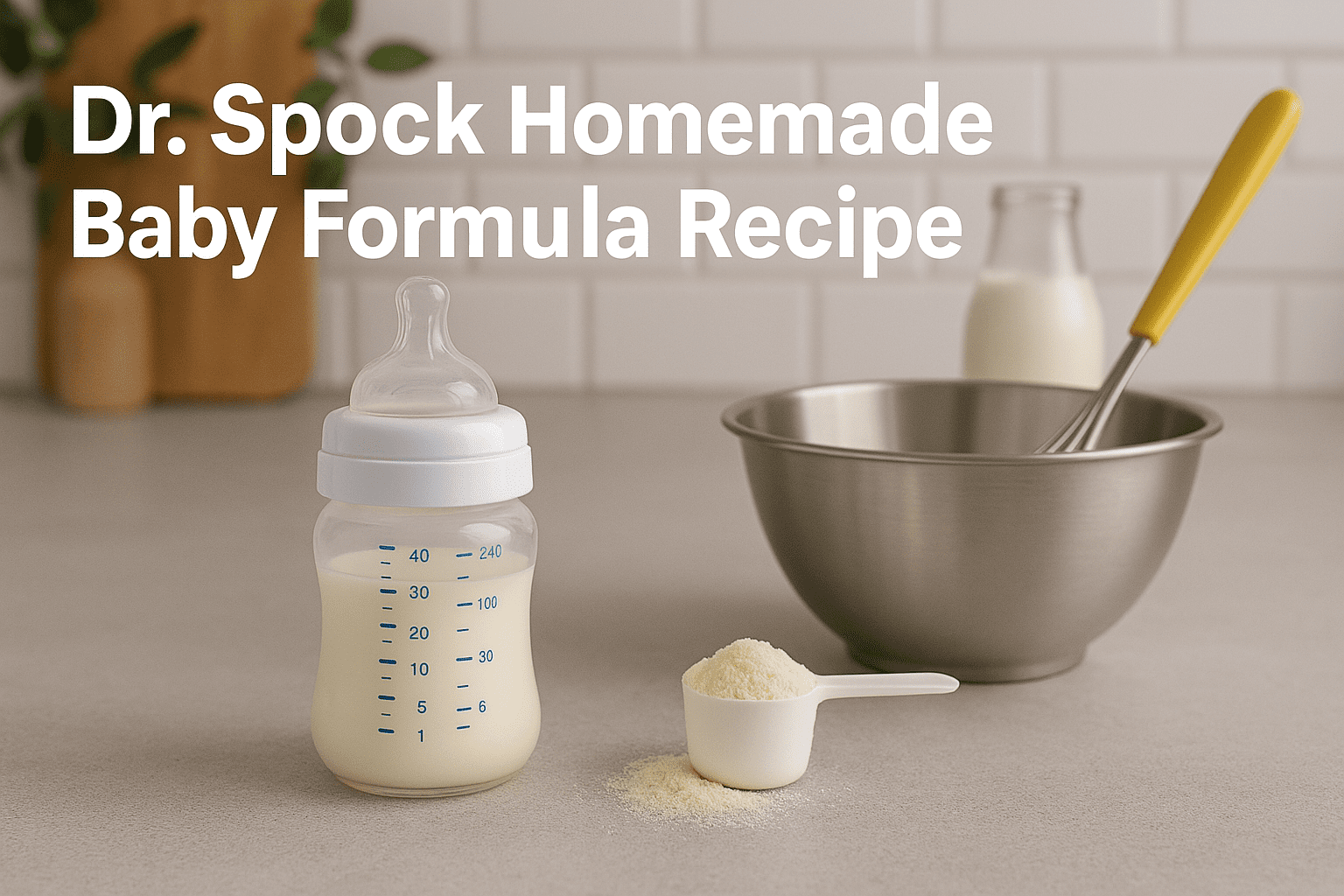
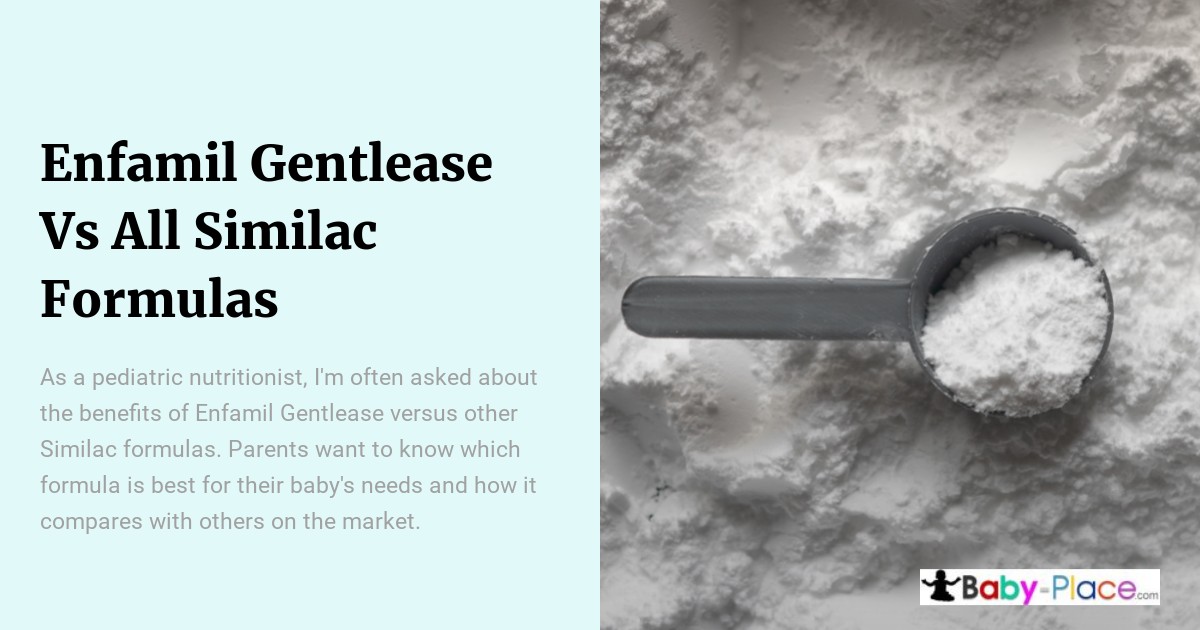



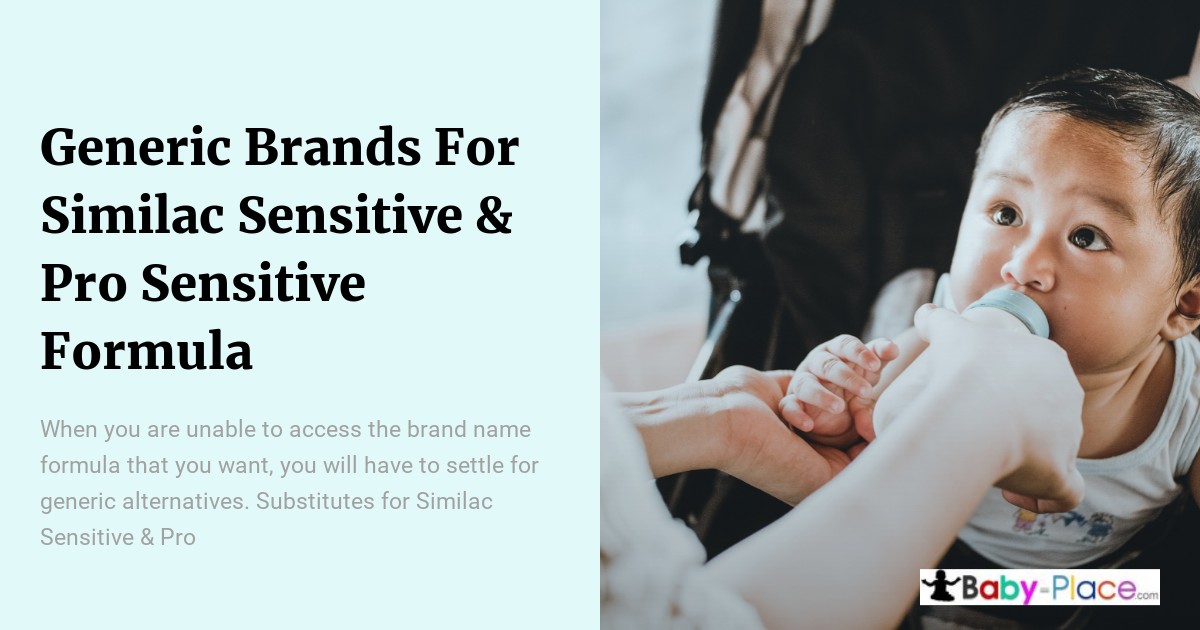

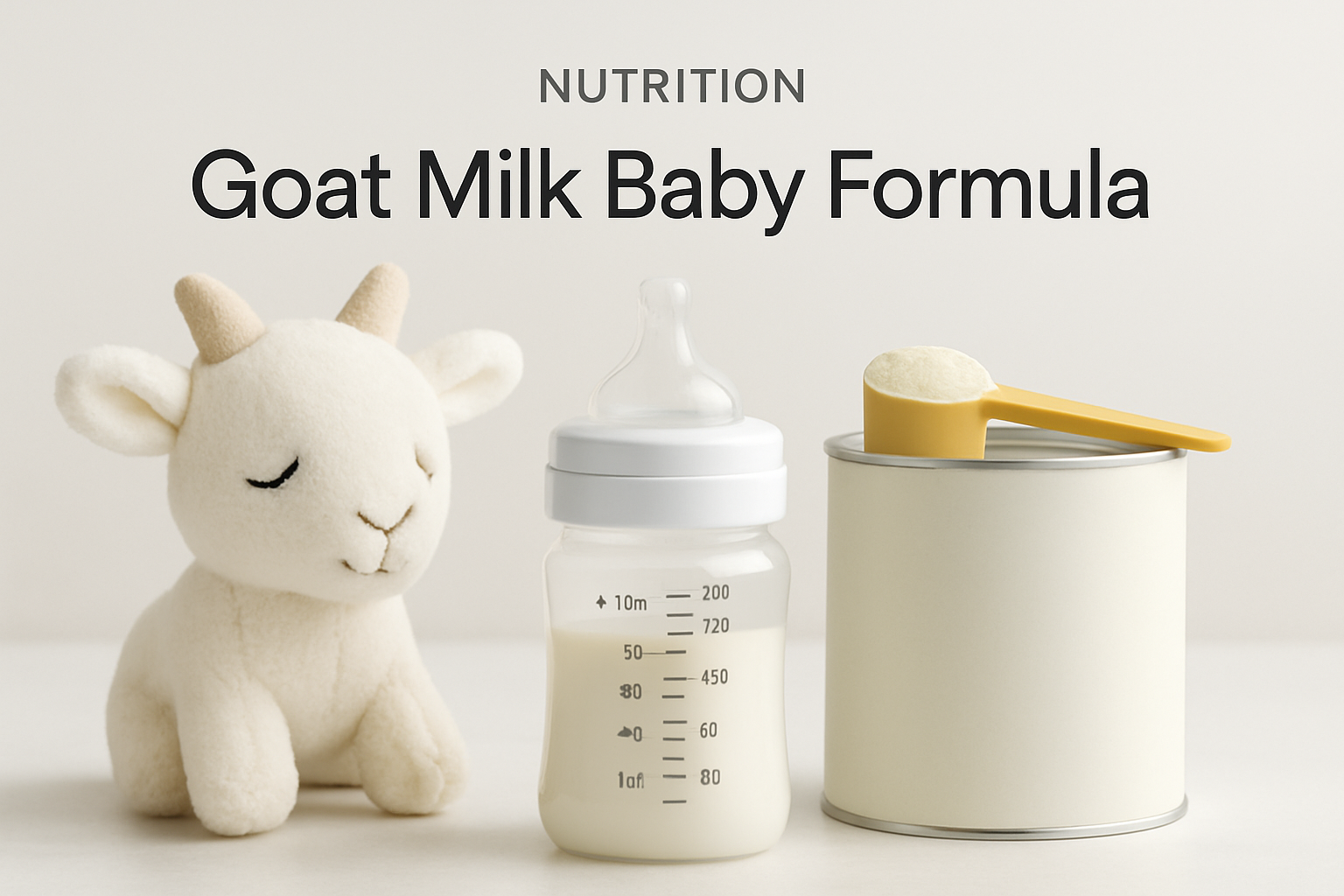
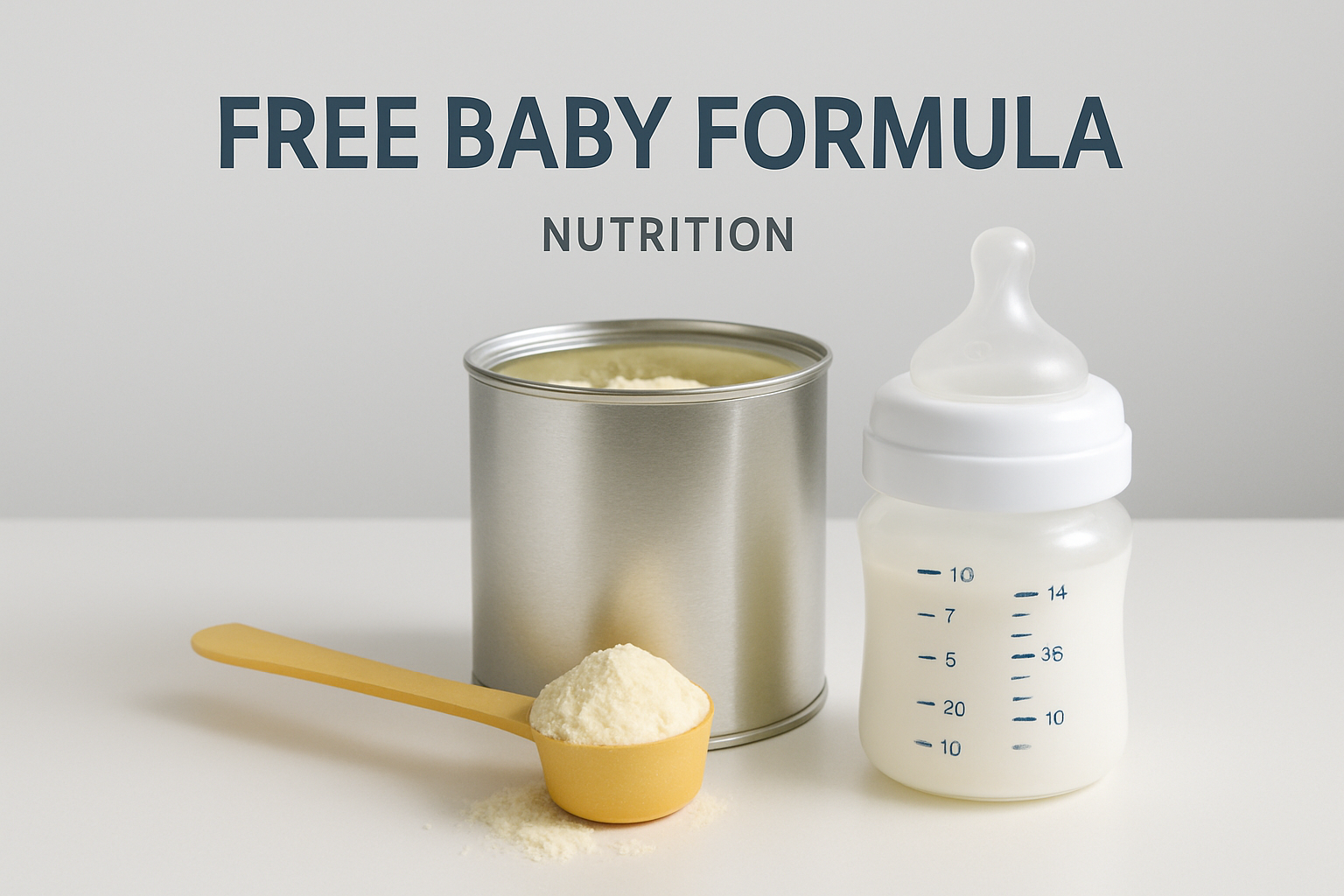
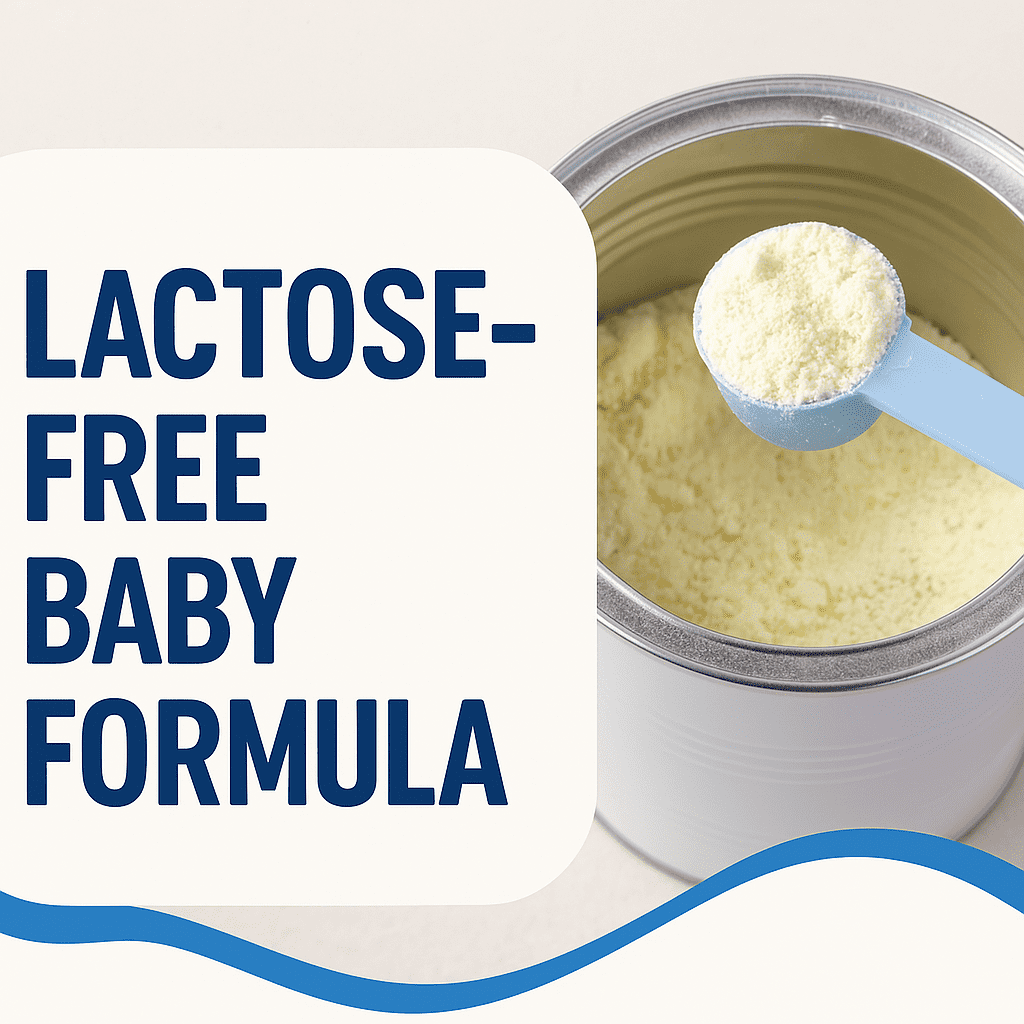


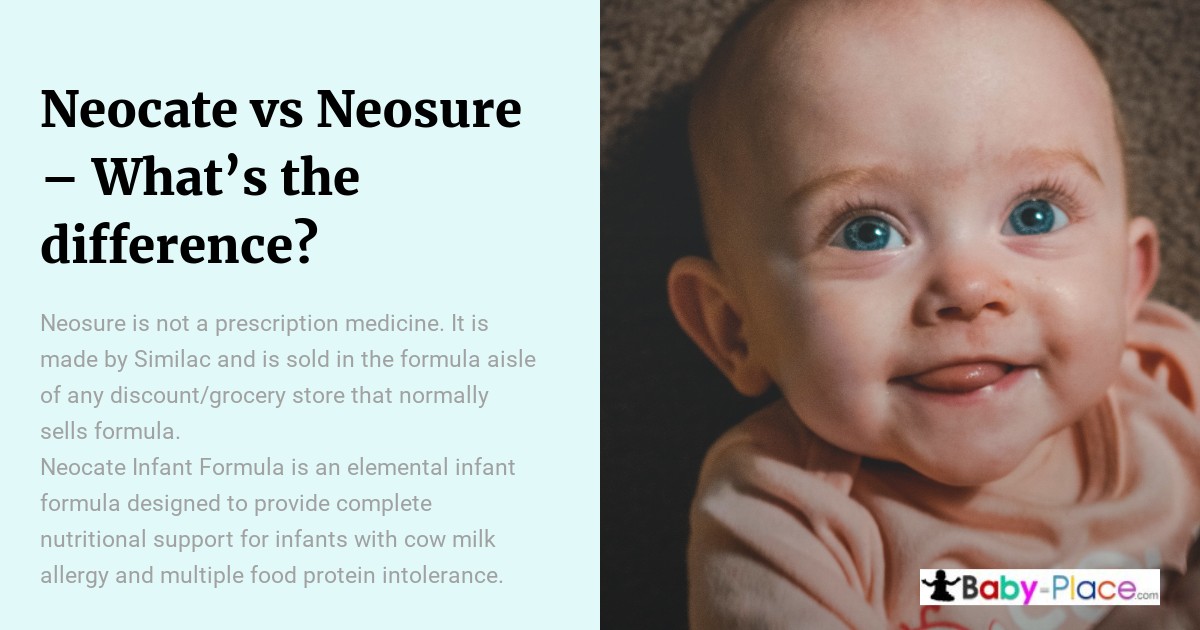
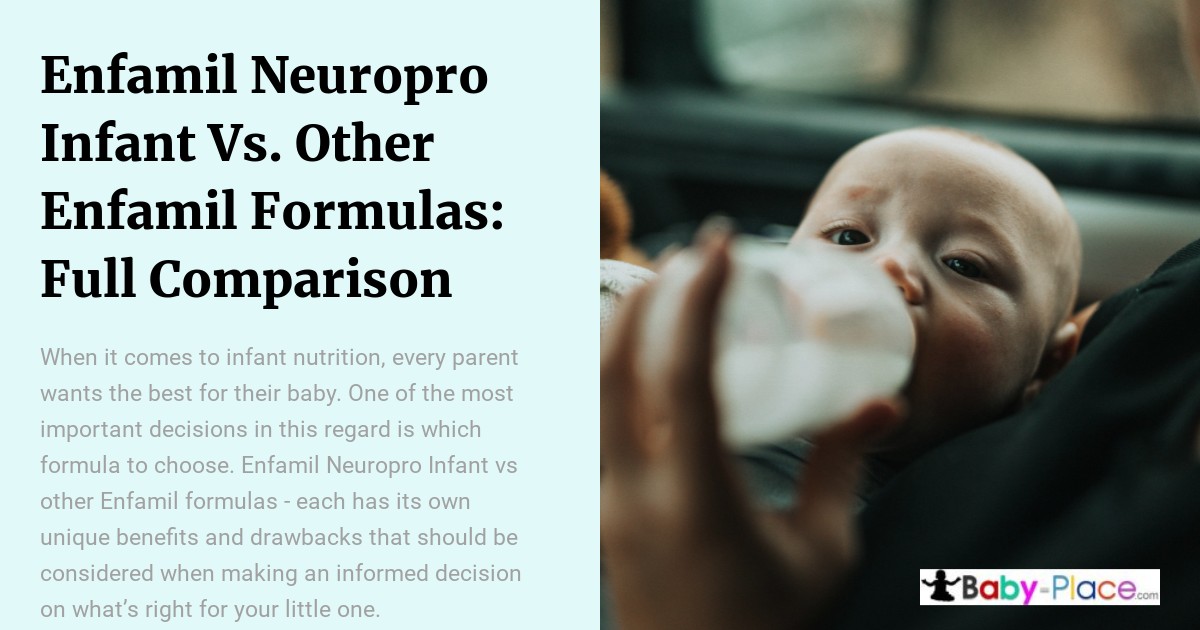
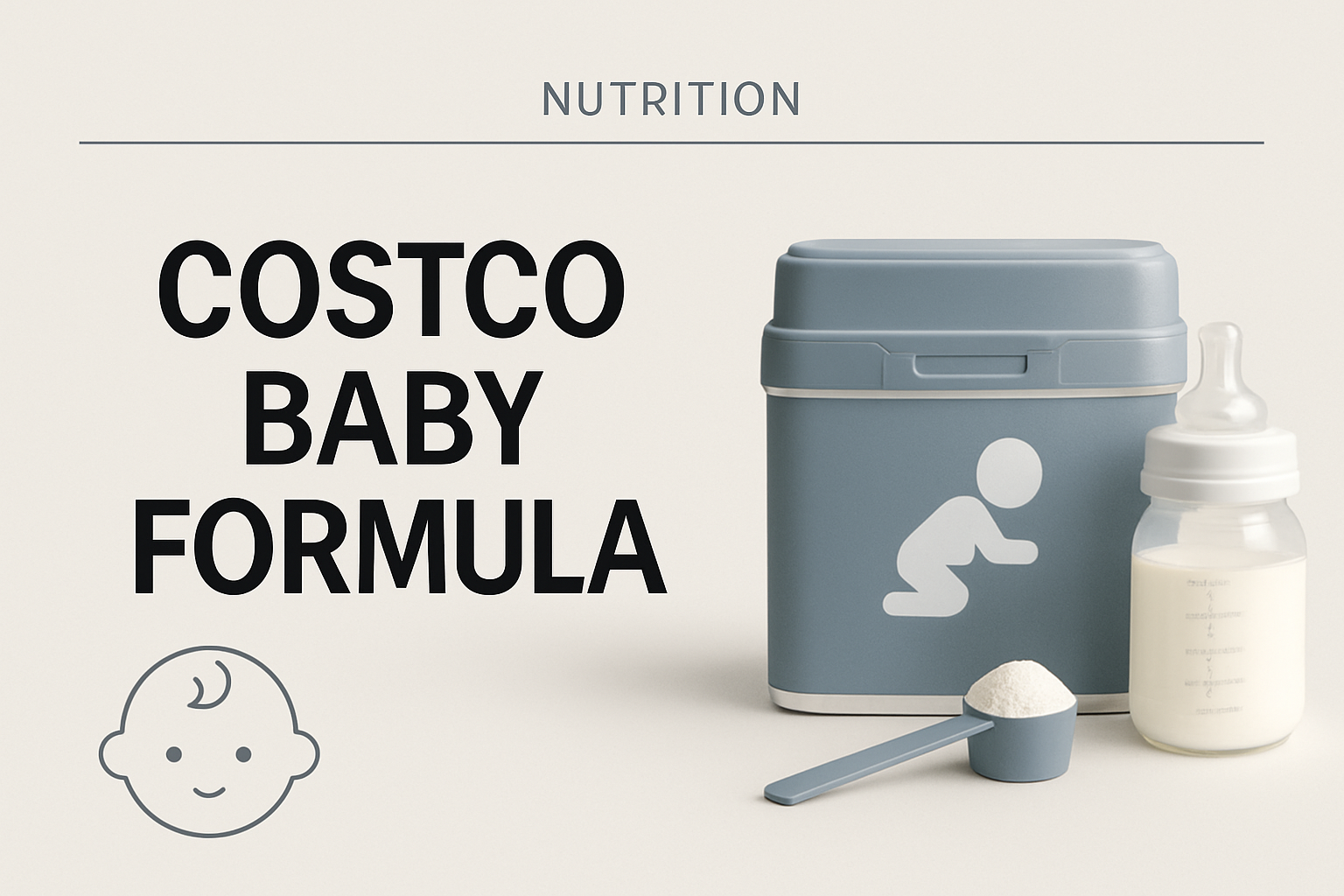
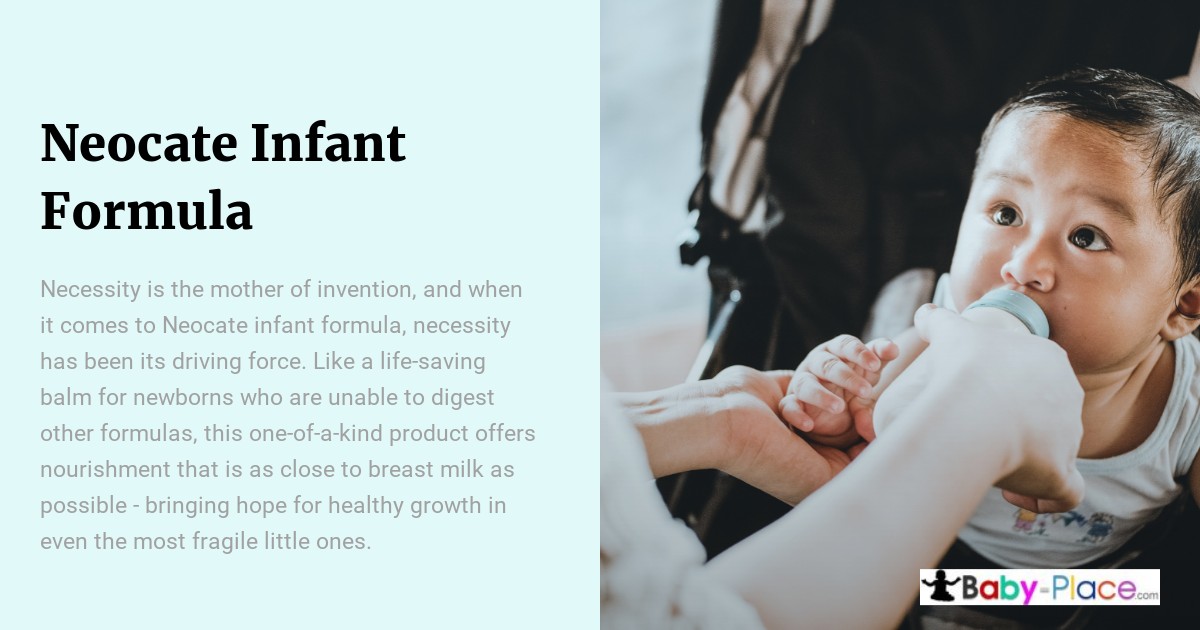
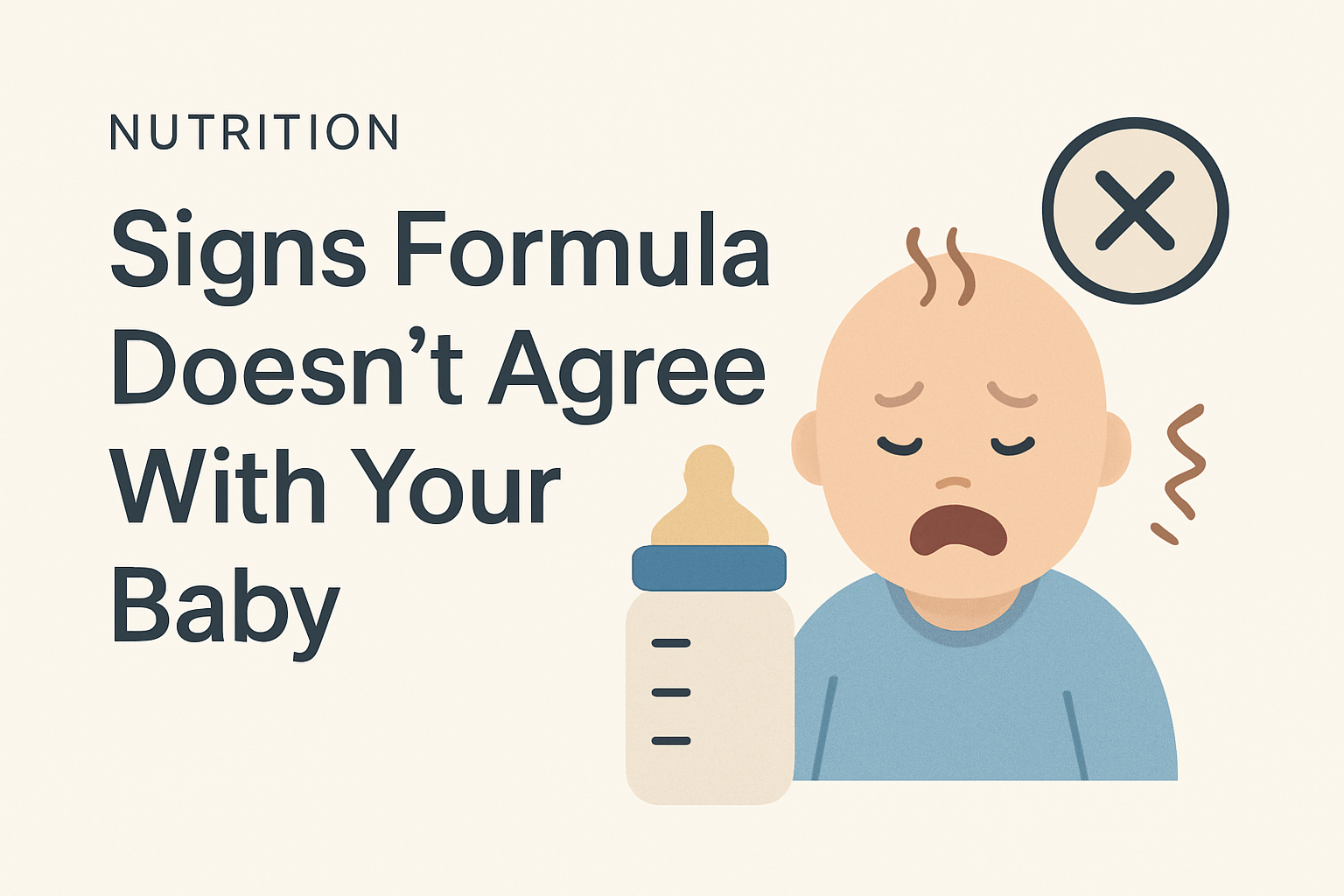
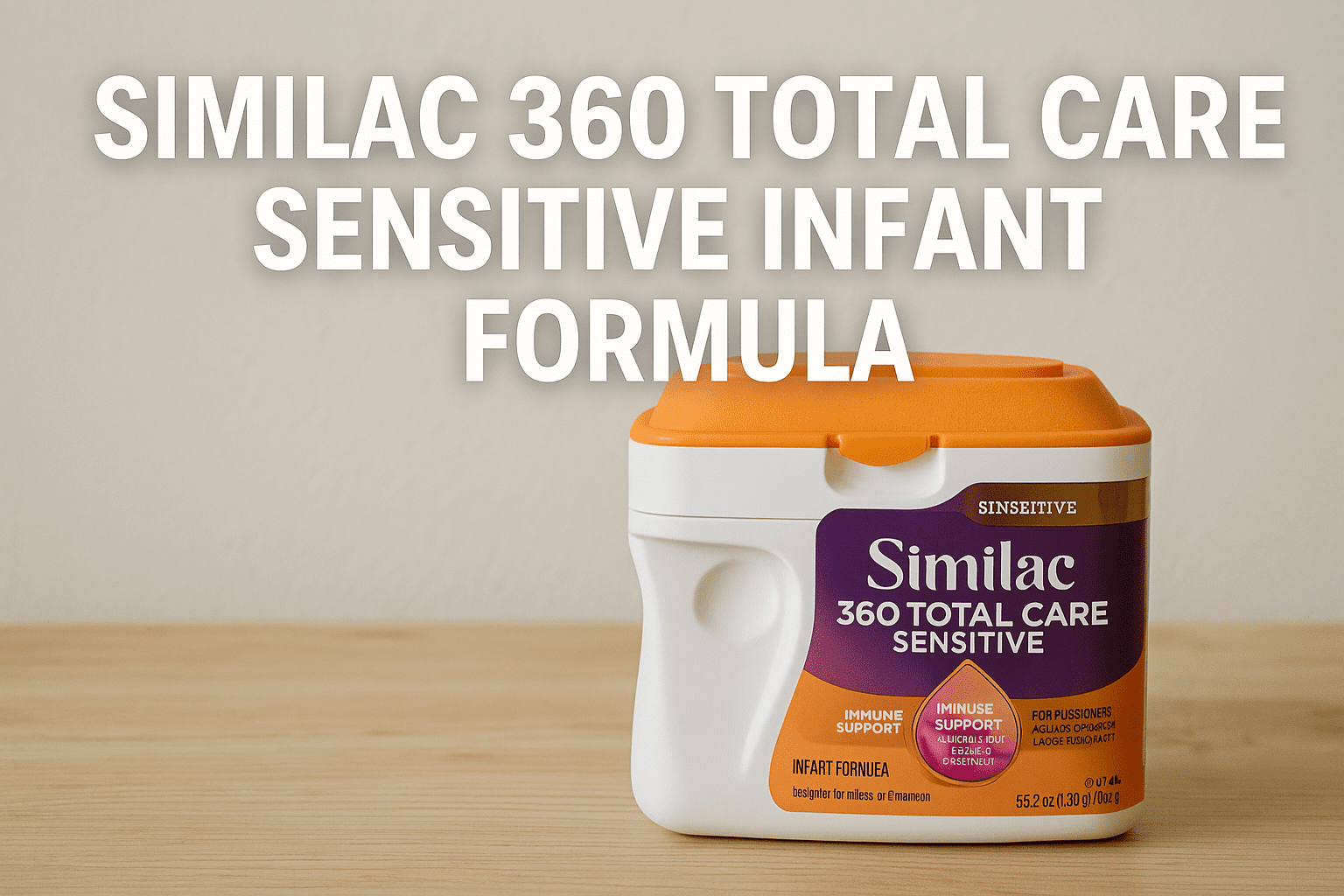

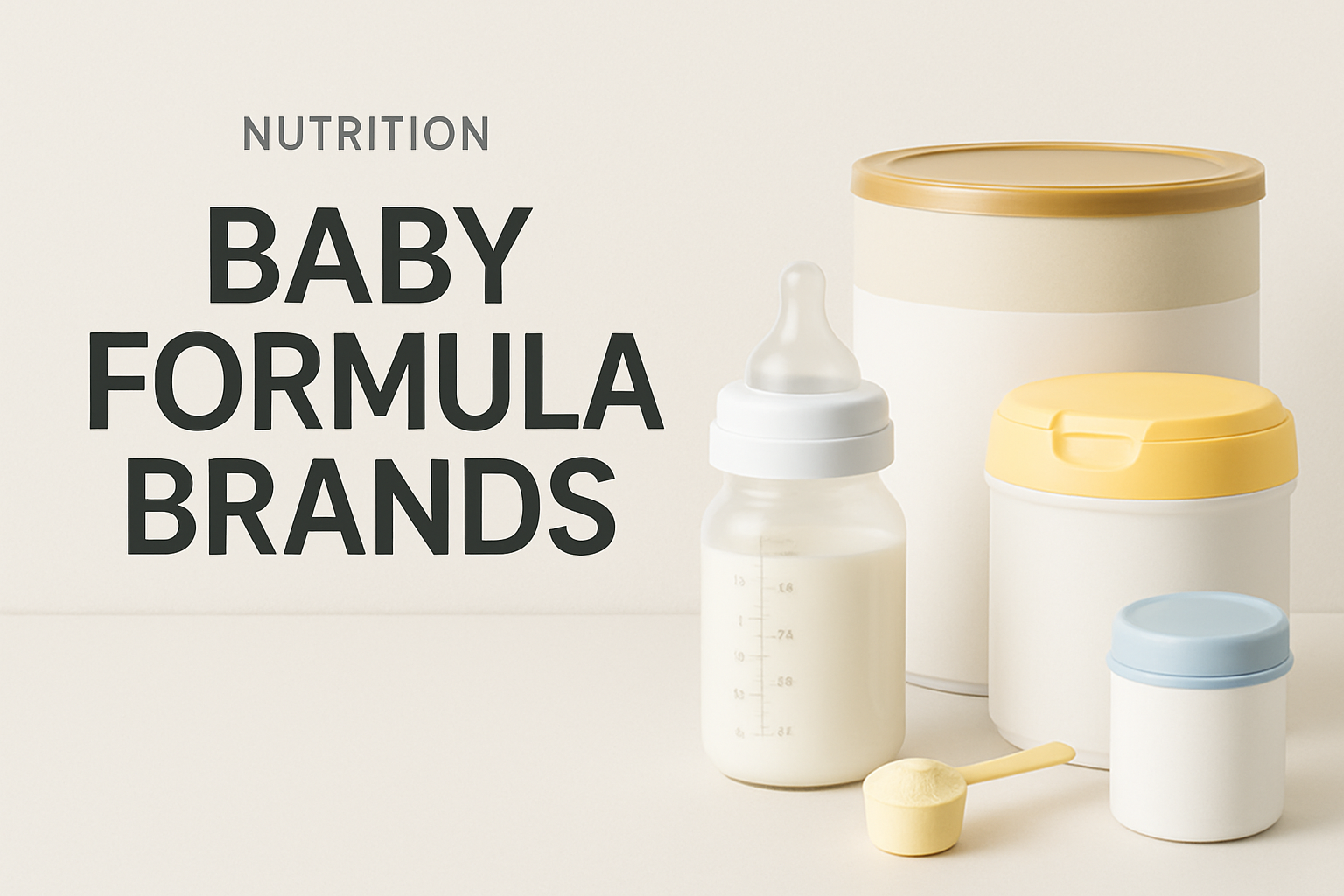

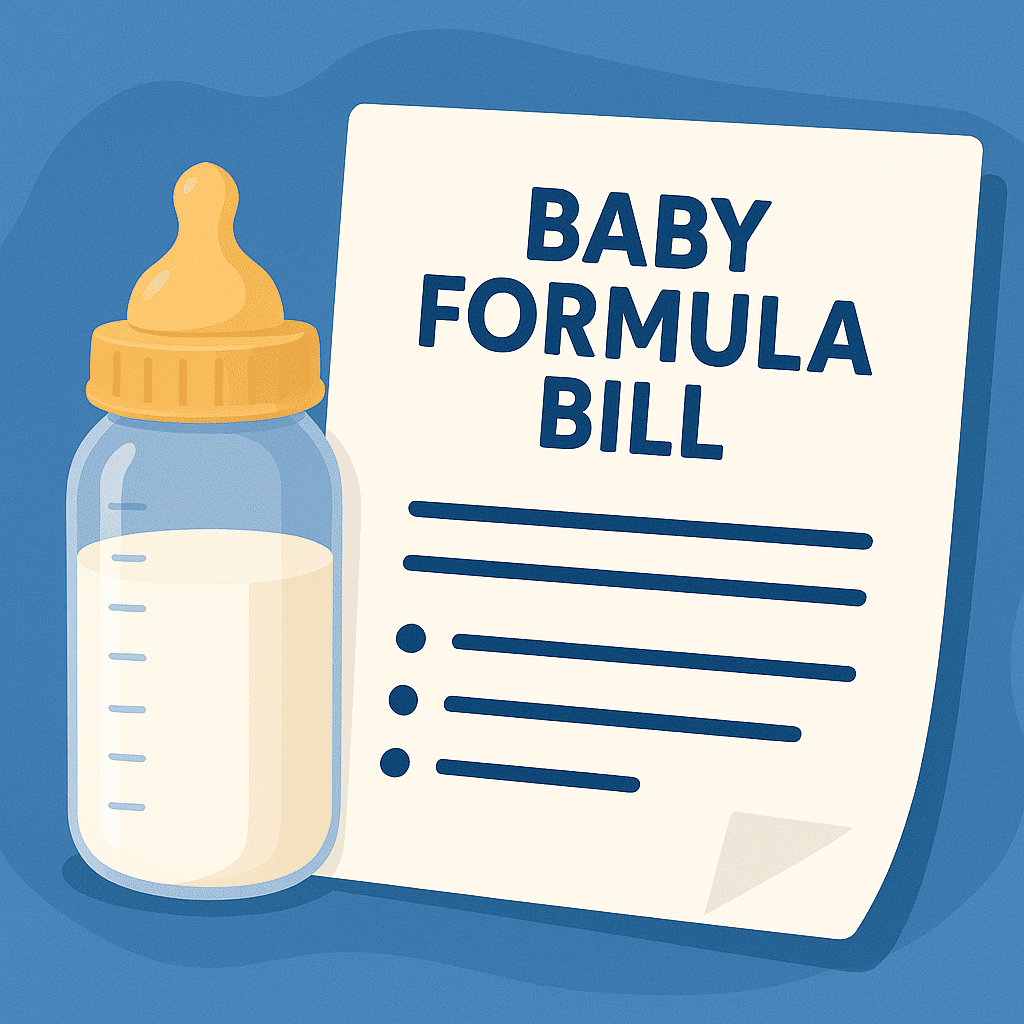
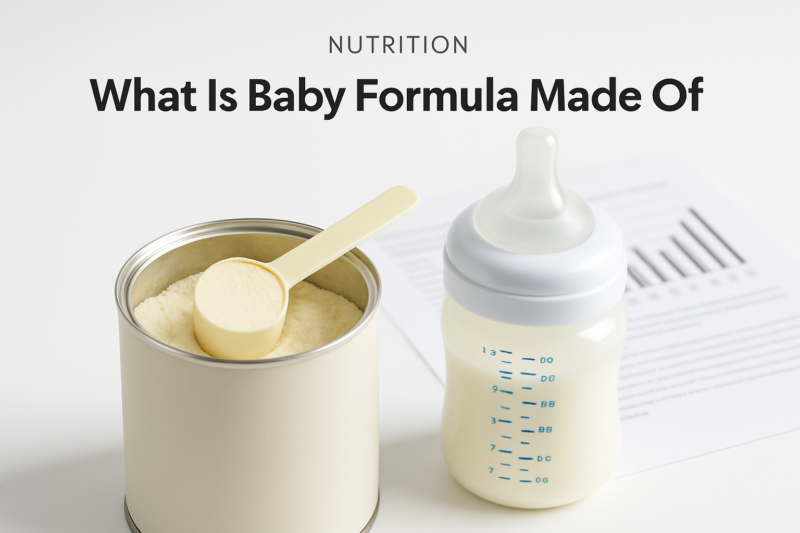

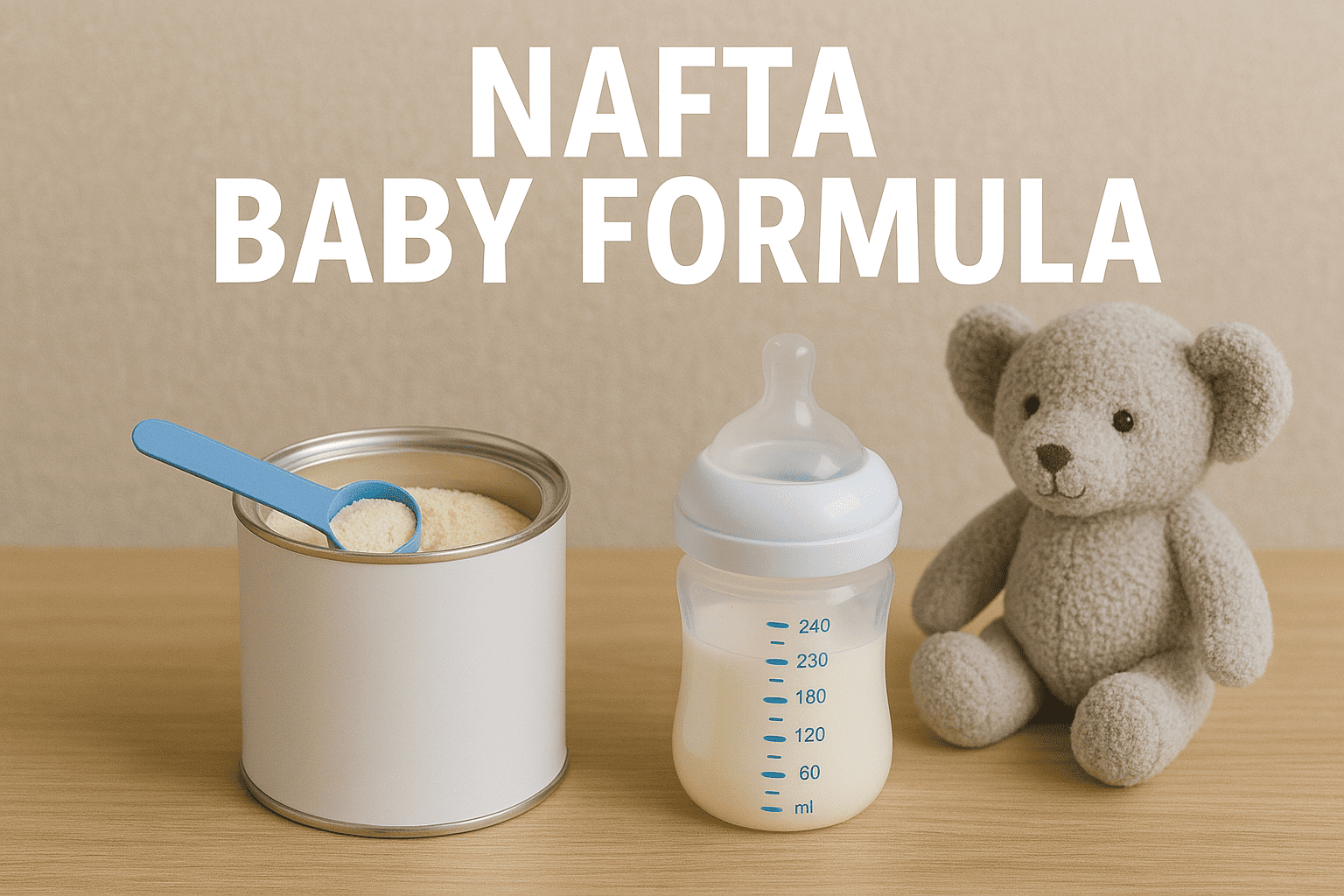
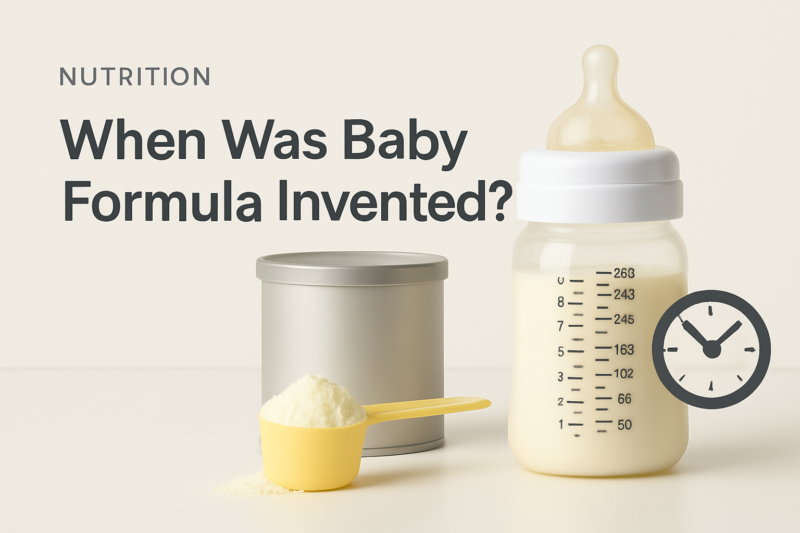
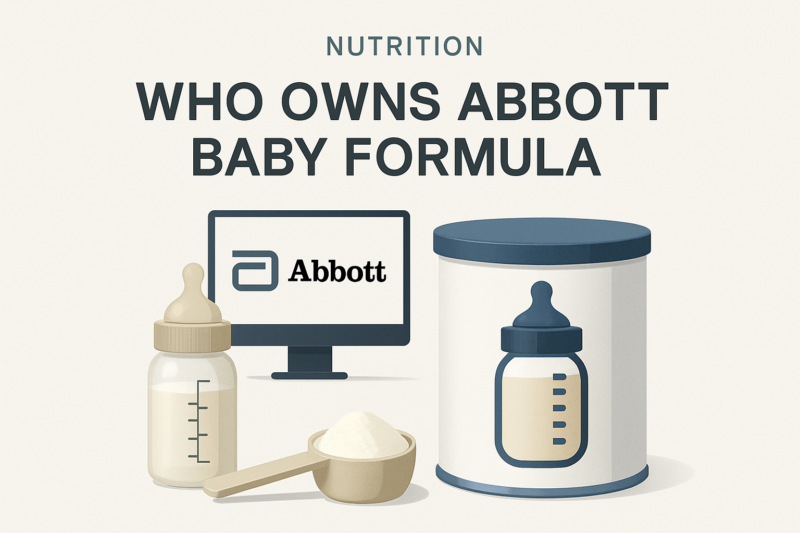
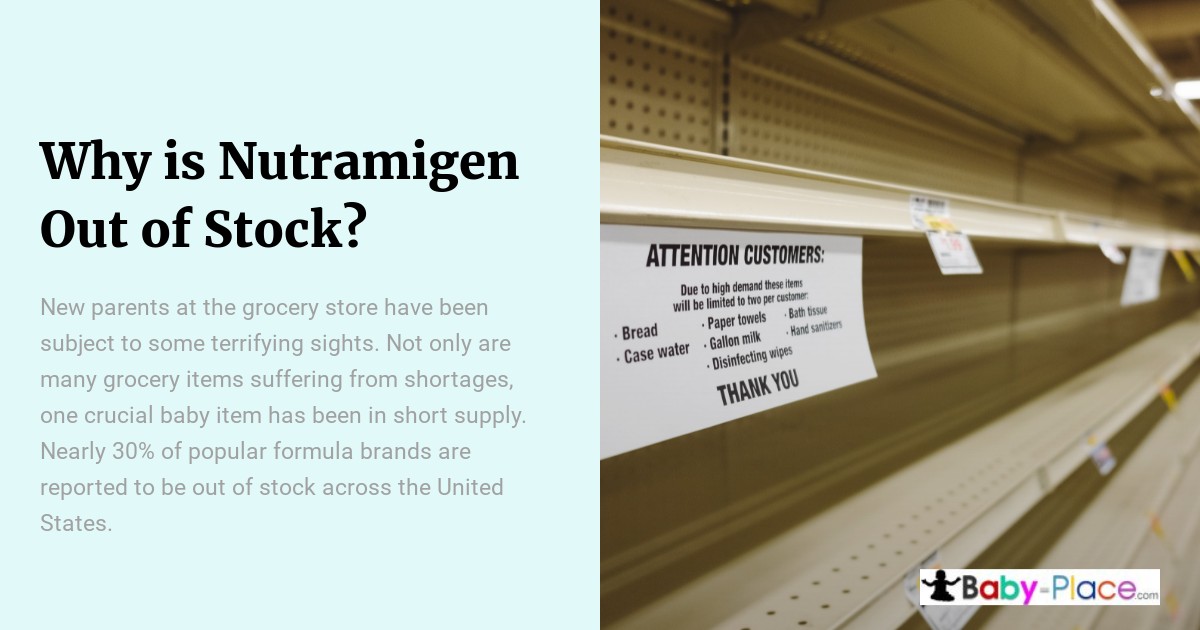
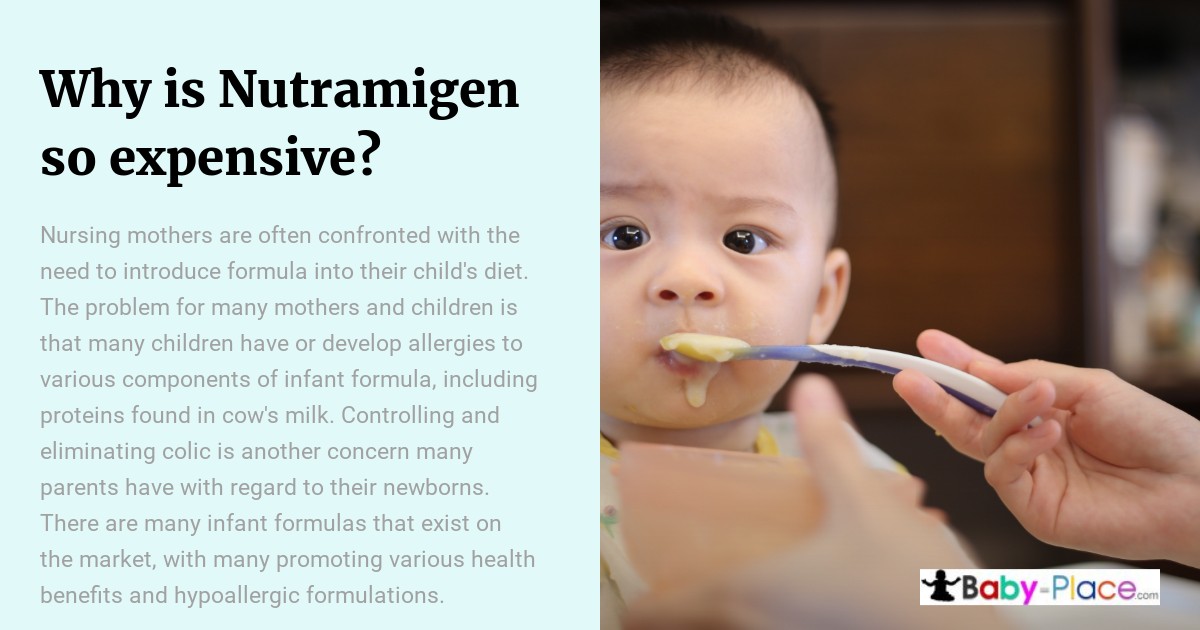
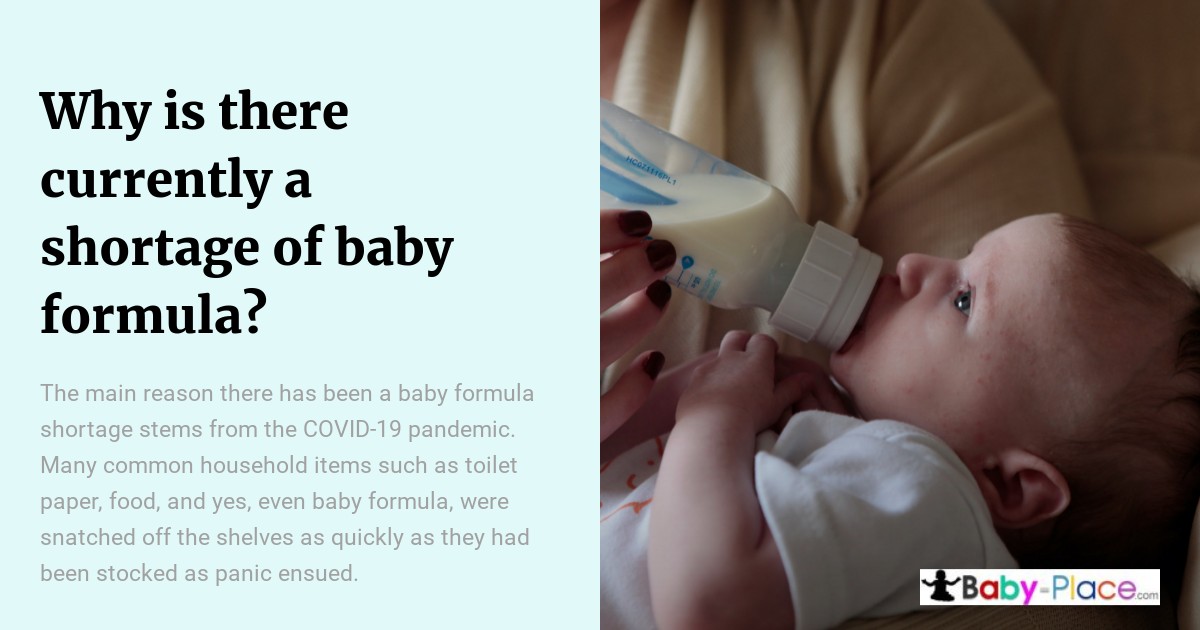

![[Recipe] Homemade Baby Formula Recipe](https://baby-place.com/wp-content/uploads/2025/04/homemade-formula-recipe-e1755526887889.png)
![[Recipe] Making baby formula at home](https://baby-place.com/wp-content/uploads/2022/12/baby-formula-recipe.jpg)